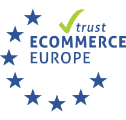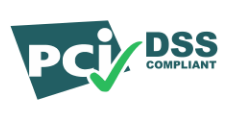Multi Mam Balm is based on a selection of vegetable oils that offer the metabolic precursors for the skin lipids such as the sterols and prostaglandins.
Key Features:
- Protects the nipple before and during breastfeeding.
- For the care of dry and sensitive nipples.
- Offers direct relief and keeps the skin soft, supple and healthy.
- Based on a selection of vegetable oils.
- Does not have to be removed prior to breastfeeding.
- No chemicals, no preservatives.
Related Products:
Frequently Asked Questions
Do I need to remove Multi-Mam Lanolin before breastfeeding?
No, Multi-Mam Lanolin is harmless when swallowed and has a neutral taste and smell. It is especially recommended to apply the lanolin right after breastfeeding; if applied just before feeding, it can make latching on more difficult for your baby.
How often should I use Multi-Mam Lanolin?
You can use Multi-Mam Lanolin as often as you like. For optimal protection, it is recommended to apply the lanolin at least twice a day.
What is the best way to apply Multi-Mam Lanolin?
Soften a small amount of Multi-Mam Lanolin between your fingertips and apply it to the entire nipple area. It may be helpful to gently knead the tube or warm it in your hands before use.
What is the difference between Multi-Mam Lanolin and Multi-Mam Balm?
Multi-Mam Lanolin is based on pure natural wool fat, while Multi-Mam Balm is a plant-based alternative made from a selection of plant oils.
I continually suffer from cracked nipples; what can I do?
Use a cream that softens and restores the skin tissue and does not need to be removed before breastfeeding. Multi-Mam Lanolin reinforces and conditions the skin tissue. It is natural, has no taste, and is harmless when swallowed, so it can keep your skin tissue healthy and strong during feeding and throughout the day. You can also try Multi-Mam Compresses for sore nipples.
What are the causes of nipple problems?
Most nipple injuries result from a poor latch; it is important that the most sensitive part of the nipple tissue is pulled deeply into your baby’s mouth. Using products that diminish the skin’s natural protection, such as soaps and shampoos, can also cause cracked nipples. Finally, yeast infections, eczema, or a tendency for dry skin are potential causes of nipple problems.














